Problem-Solving Skills Normal Addition Facts Worksheets for Ages 3-9
5 filtered results
-
From - To
Enhance your child's math journey with our "Problem-Solving Skills Normal Addition Facts Worksheets" designed for ages 3-9. These engaging worksheets focus on developing essential problem-solving abilities while reinforcing addition skills in a fun and interactive way. Ideal for early learners, they promote critical thinking and number sense through diverse activities that challenge students to apply their knowledge creatively. Our worksheets are curated to cater to different learning styles, ensuring that each child enjoys the process of learning addition facts. Encourage your young learners to explore mathematics confidently and strengthen their foundational skills with our versatile and educational resources!


Tricky Problems Worksheet: Part 1


7 Continents and 7 Seas Worksheet


Tricky Problems Worksheet: Part 2
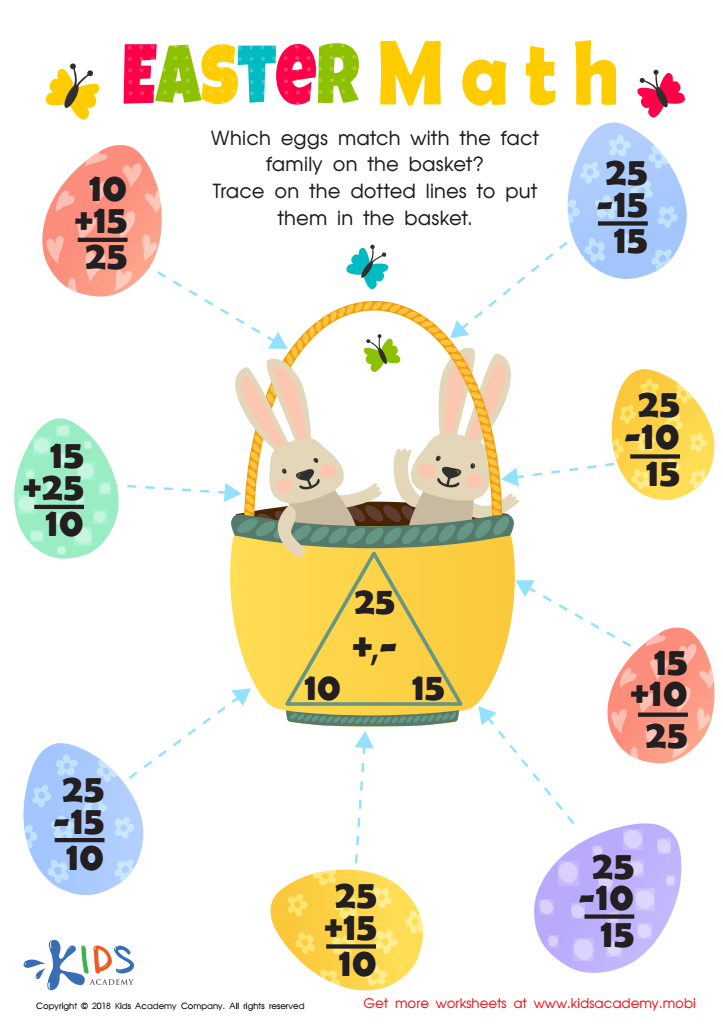

Fact Families: Easter Math Worksheet
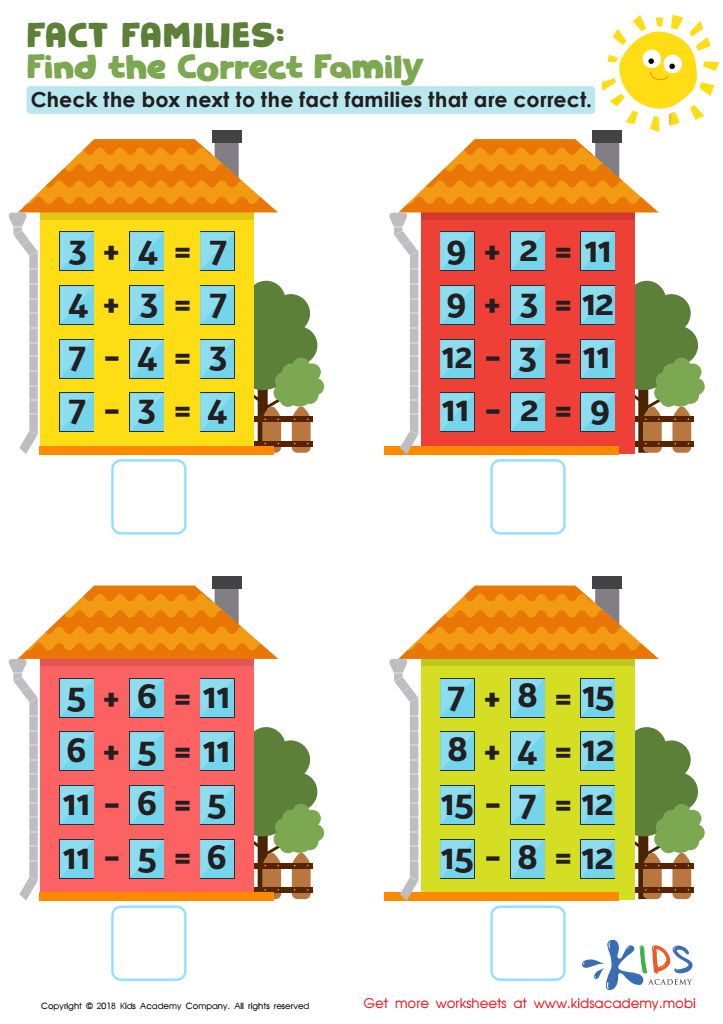

Fact Families: Find Correct Family Worksheet
Parents and teachers should prioritize problem-solving skills and normal addition facts for children aged 3-9 because these foundational skills are crucial for overall cognitive development and academic success. At this young age, children are naturally curious and eager to explore the world around them. Teaching them to solve problems and understand addition promotes critical thinking and logical reasoning, skills that extend beyond mathematics to everyday life situations.
Incorporating problem-solving activities can enhance a child's ability to approach challenges creatively and flexibly. This fosters resilience as they learn to manage mistakes and setbacks. Moreover, mastering addition facts, ideally through fun and engaging methods, builds a solid math foundation that can make future learning smoother, increasing confidence in their abilities, which is vital for lifelong learning.
Furthermore, developing these skills at an early age can help close achievement gaps by encouraging all children, regardless of background, to work effectively on numerical concepts and problem-solving strategies. By facilitating a supportive learning environment, parents and teachers can nurture confident, capable learners who not only excel academically but also grow into innovative thinkers poised to tackle real-world challenges.
 Assign to My Students
Assign to My Students
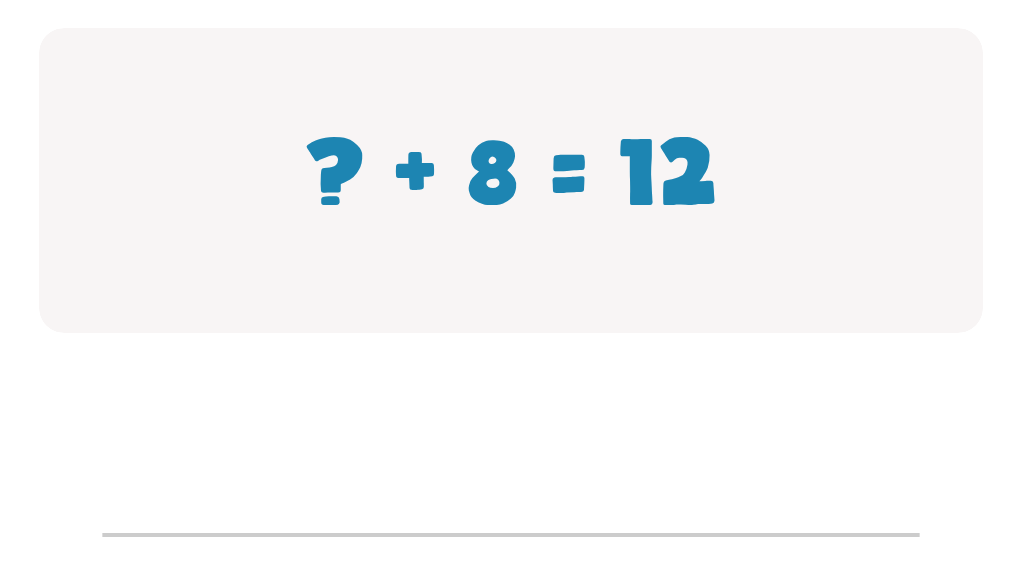
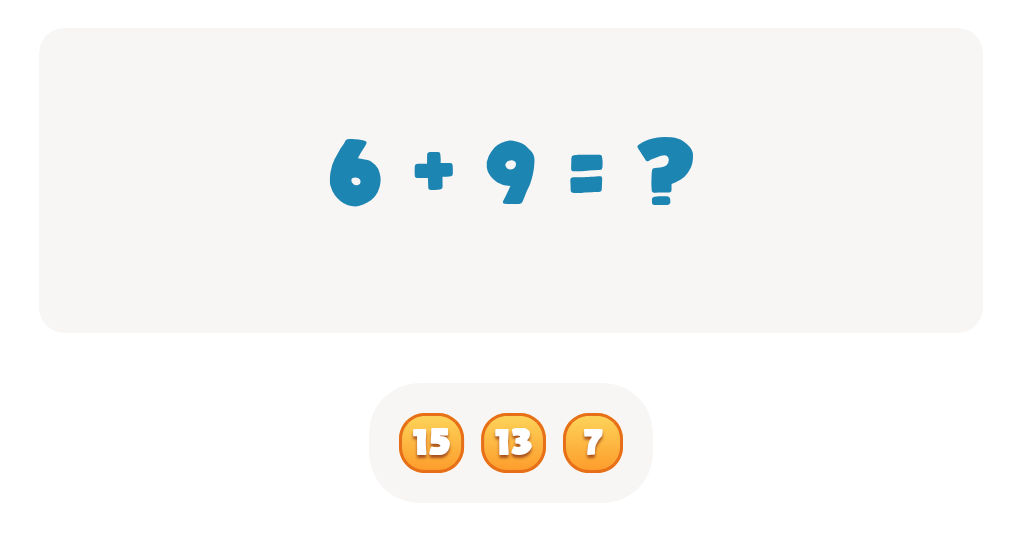
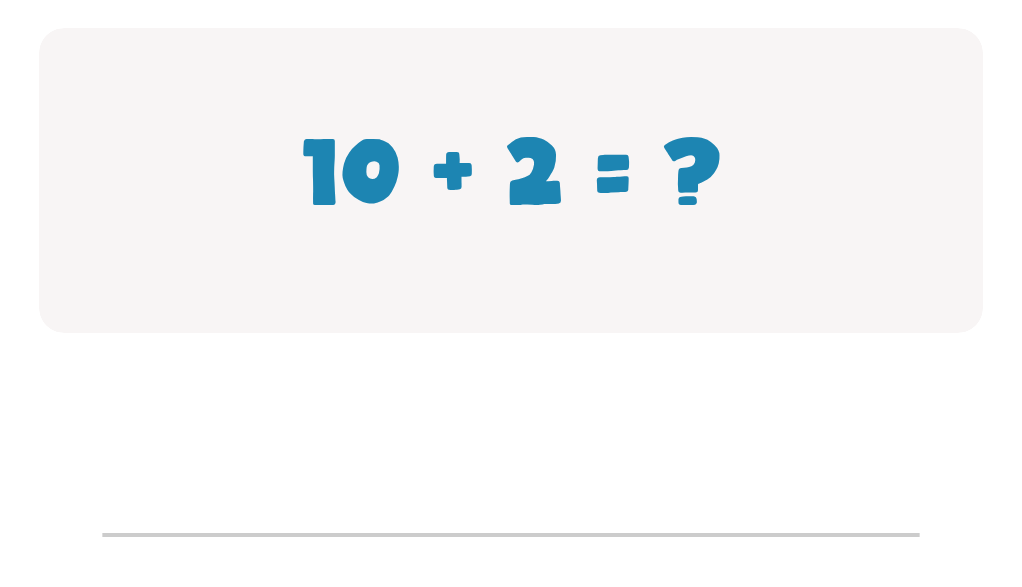
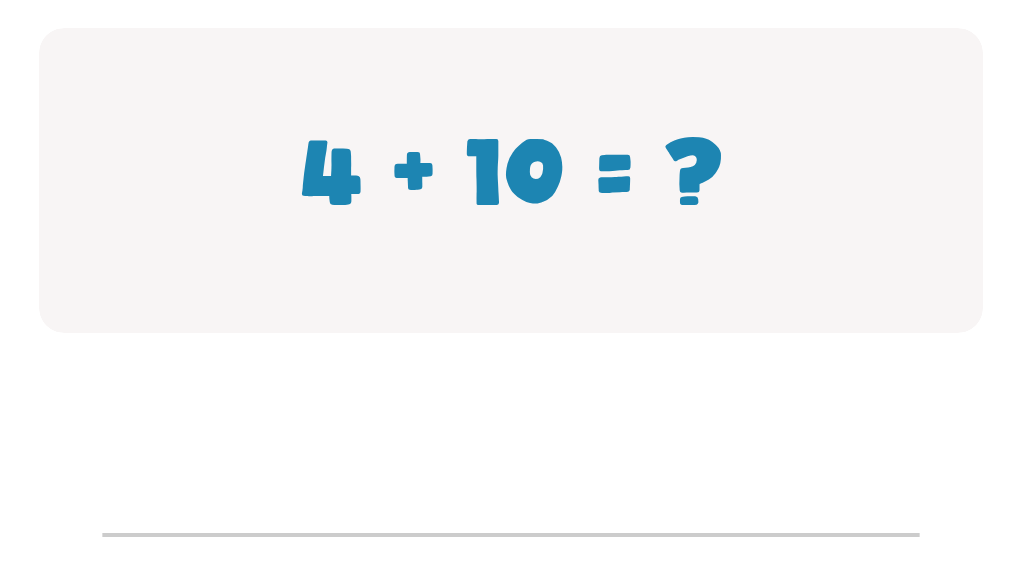
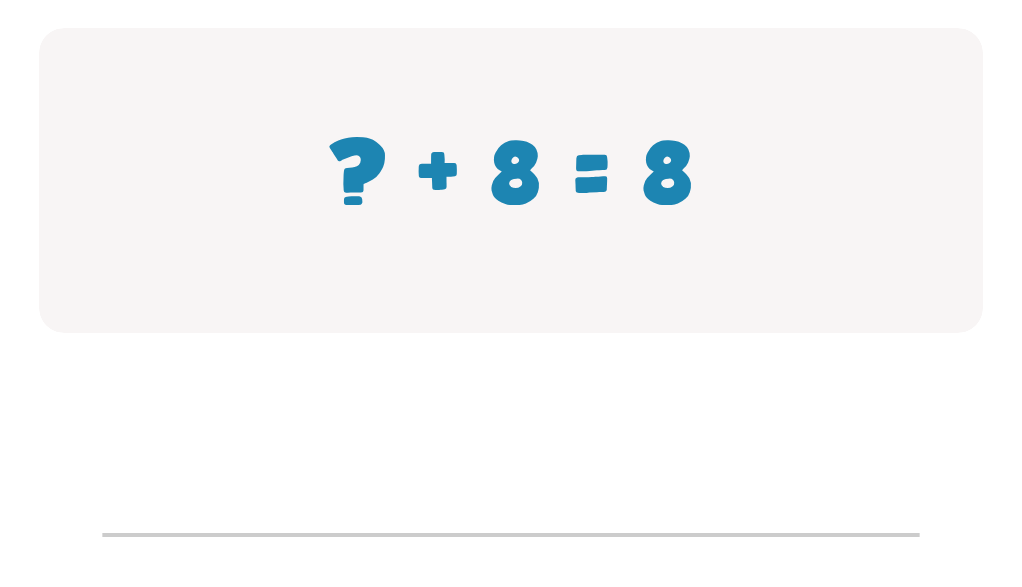
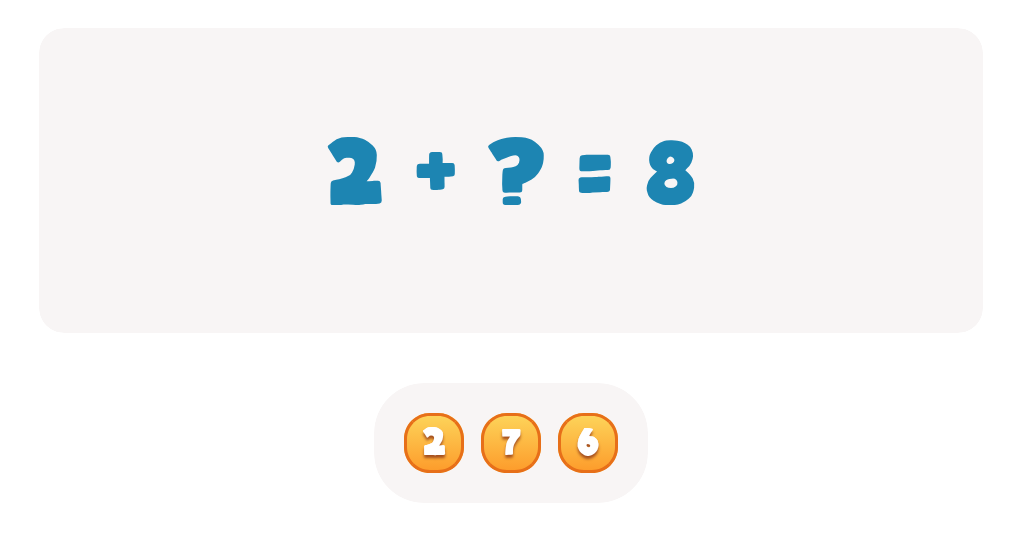
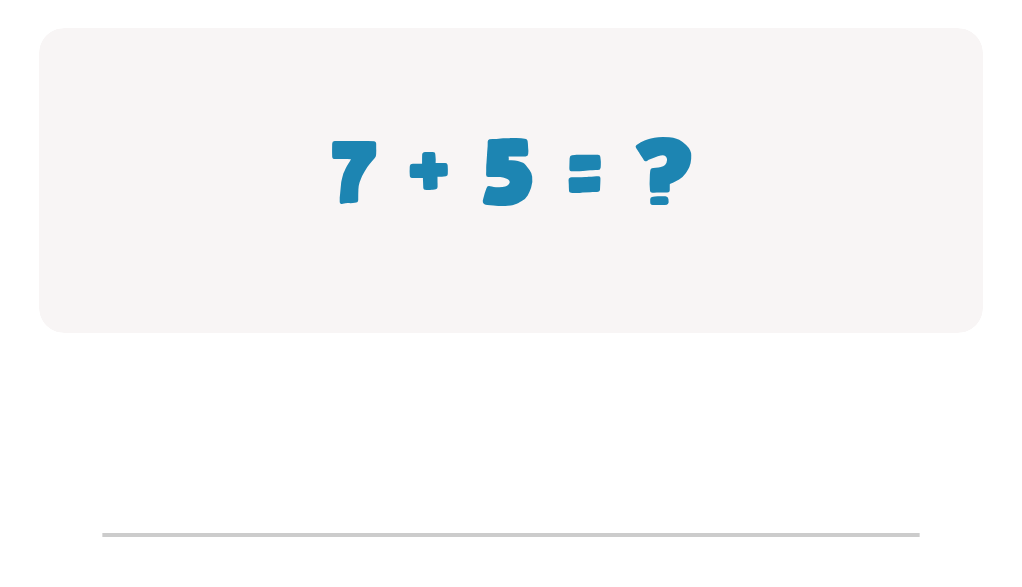
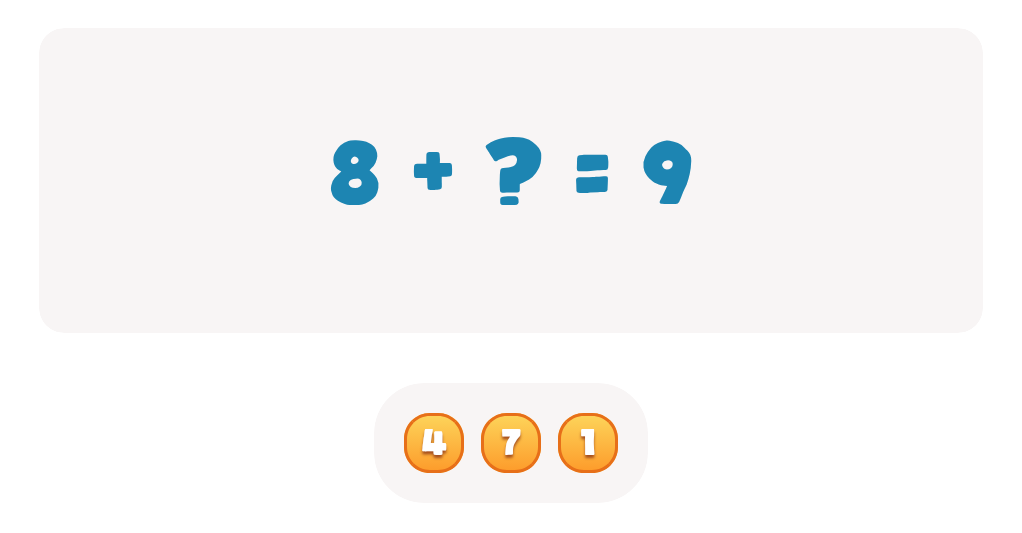

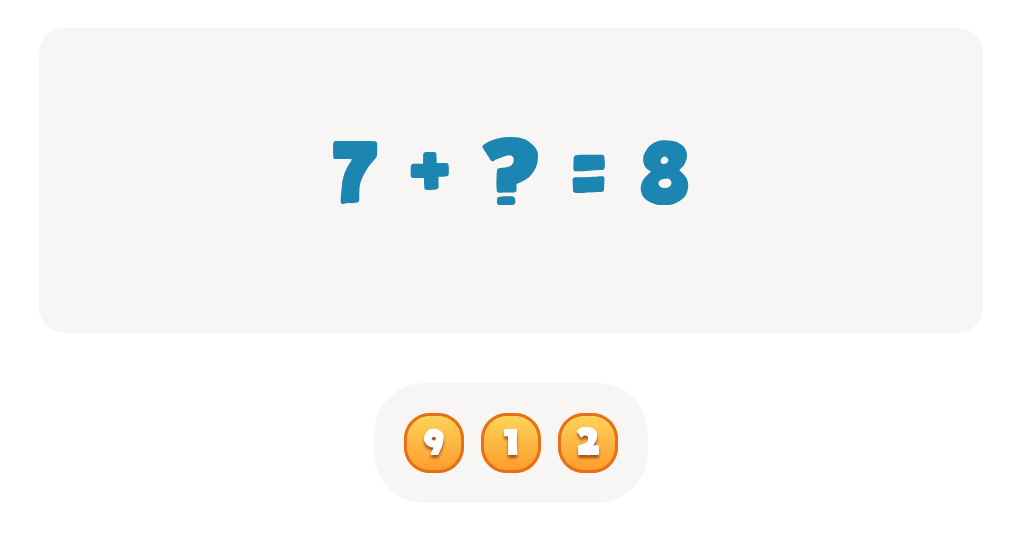






.jpg)









